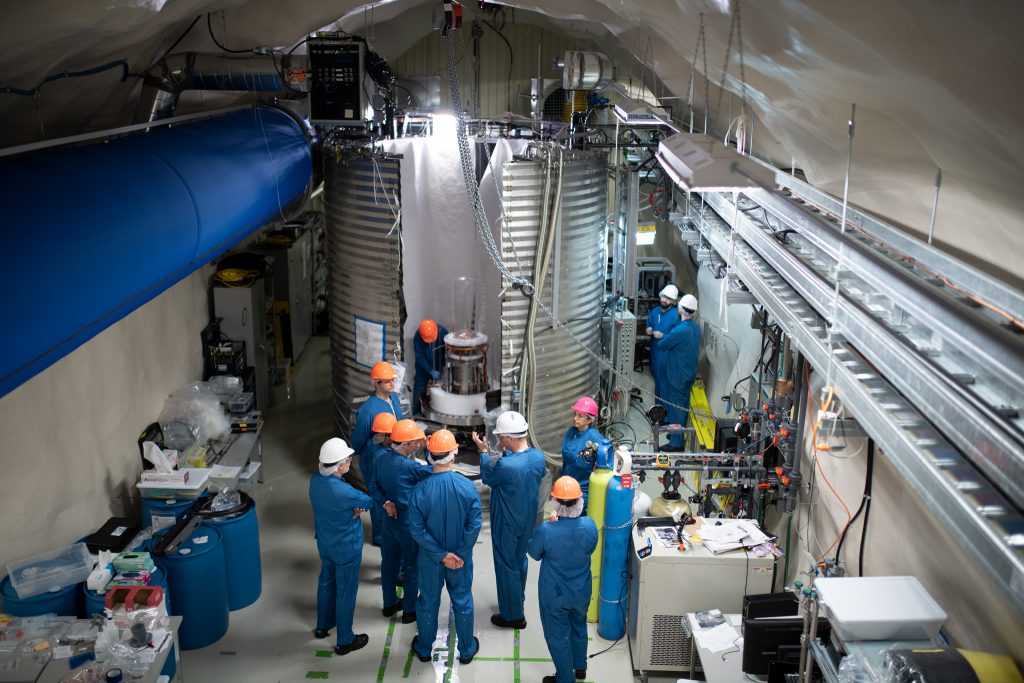SNOLAB welcomes additional Research Scientists

Following the recent announcement that Laurentian University is dissolving their physics department, SNOLAB along with partners and funding agencies began looking for solutions to maintain a strong astroparticle research presence locally. Having physics expertise nearby has always complemented the experiments that SNOLAB hosts, and for each faculty member or research scientist affected, there are additional students and postdocs who are also affected when they move. A local research hub also creates a draw for international collaborators, affording SNOLAB and Sudbury the opportunity to host high-profile conferences and summer schools.
SNOLAB has worked closely with Laurentian University and the McDonald Institute to retain some former Laurentian physics faculty members. “I’m happy to be working with these talented researchers, and thankful that the McDonald Institute was able to partner with us on maintaining the research programs,” said SNOLAB Director of Research, Jeter Hall.
The McDonald Institute is a Canadian hub for astroparticle physics research that was launched in 2016 as a Canada First Research Excellence Fund initiative. The institute is based at Queen’s University and provides financial support, including funding faculty positions, to eight partner universities. The institute has 13 partner institutions across the country; Laurentian University and SNOLAB were both founding members.
“We are very glad that the commitments made for research at Laurentian were able to be repurposed in a way that allows our faculty colleagues and their students and associates to continue their important work,” said McDonald Institute Scientific Director Tony Noble. “We are deeply appreciative of the VP of Research at Laurentian University, Dr. Tammy Eger, who worked especially hard with our Board and CFREF to make these arrangements with Laurentian University in the interest of the broader scientific enterprise.”
This arrangement is intended to be a temporary solution, preventing a loss of particle physics talent from the Sudbury area while a more long-term plan can be developed. SNOLAB, and the earlier SNO experiment, have been a vibrant part of the larger Sudbury research community. Many scientists moved to the Sudbury area because of the world-leading research being done here.
“We are working with our partners to maintain a local research hub for the community and for SNOLAB,” said Hall. “It is encouraging to see the community come together to adapt quickly to a challenging situation.”